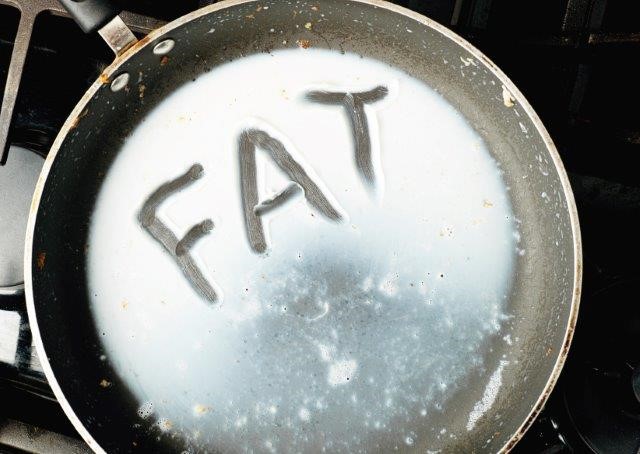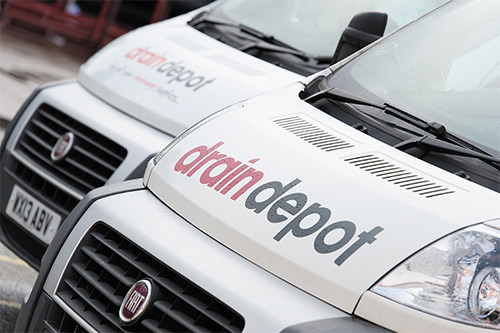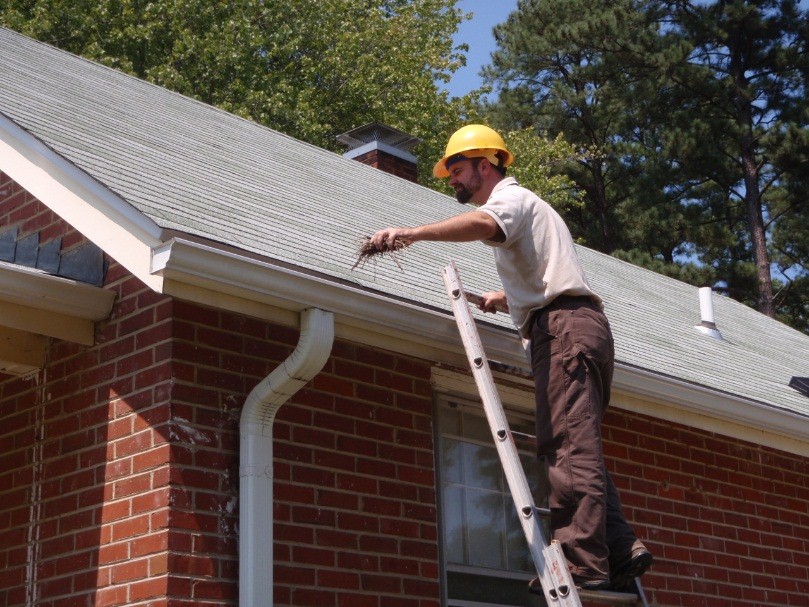In case you missed it see what’s in this section
Let's Talk

Drain Depot: How Cooking Fats Damage our Drains
Research suggests that around 75% of drain blockages in Britain are wholly or partially caused by individuals and businesses disposing of cooking fat down the kitchen sink.
When these blockages occur it is the water companies' responsibility to unblock the pipes and get things flowing again.
The added cost of this extra work is ultimately paid for by every one of us via our water bills, so it's in everyone's interest to wise up to the problems caused by cooking oil and keep the nation's drainage systems flowing freely.
Why is it a problem?
Anyone who has left a fatty frying pan on the counter-top overnight will know that as cooking fats cool down, they solidify into a greasy, off-white mass. Although used oil may be liquid when you pour it down the sink, inside the sewer it cools down, solidifies and hardens into a concrete-like material.
With time these lumps of grease restrict the flow of water through the pipes and gradually grow in size. Unfortunately, the only time water companies are usually made aware of them is when they are so large they end up causing a blockage.
In April 2015, a 'fatberg' weighing more than 10 tonnes and measuring 40 metres in length was removed from a sewer in London. The mass of fat was so enormous it actually broke the sewer pipe and cost the water company in question an estimated £400,000 to remove the blockage and repair the sewer.
It is estimated that around £15 million is spent in Britain every year clearing blockages caused by cooking fat. This is a cost paid for via customers' water bills.
Blocked drains can also have a potentially disastrous impact on the environment. If a drain is blocked completely, sewage will back-up and can then spill over into streams and rivers. This in turn can cause oxygen levels in the water to drop dramatically, meaning it can no longer support the fish, insects and other creatures which call the water home.
What can I do to help?
Every one of us has a responsibility to minimise the amount of fat, oil and grease we deposit into the drains. Below are some safe ways of disposing of unwanted cooking fats.
Wipe it, bin it
Leave fatty pans to cool down. When the fat is cooled or solidified, wipe with kitchen roll and deposit the towel in the bin.
Use a dedicated 'fat tub'
If there is too much fat to mop up, keep an empty margarine tub or yoghurt pot near the oven or next to the sink. When excess cooking fat has cooled down, simply pour it into the tub. When full, pop the lid on the tub, and dispose of it carefully with the rest of your household waste.
Wise washing up
If cutlery or plates are especially greasy, wipe them with kitchen towel before washing them up or depositing in the dishwasher.
Household waste and recycling centres
Although there is not a nationwide scheme for collecting used cooking oil, councils and other organisations are slowly turning their attention to this topic. There are collection points for waste cooking oil at some household recycling sites across Britain, and your local council will be able to tell you whether this service is offered at your nearest centre.
Feed the birds
Small amounts of used fat can be mixed with seeds to create a fat cake for our feathered friends. This will be particularly appreciated during the winter, when birds require a healthy layer of fat to see them through the coldest months.
What about the future?
Thanks to continued advances of technology, the list of products we are able to recycle is growing steadily, and used cooking fat is just one area set for major advances in the coming years.
Already small private companies are springing up all over Britain who offer to collect used cooking fat from your home, take it away and turn it into a useful product such as BioFuel. A relatively new technology, it is only a matter of time before this becomes the norm and we can turn a useless and potentially harmful product into something genuinely beneficial.
Until then, a few easy changes to our behaviour can protect the wildlife in our rivers and streams, minimise the likelihood of blocked drains, and could even save us money on our water bills. Don't let the drain take the strain.
Weather in Swindon
Listings






















